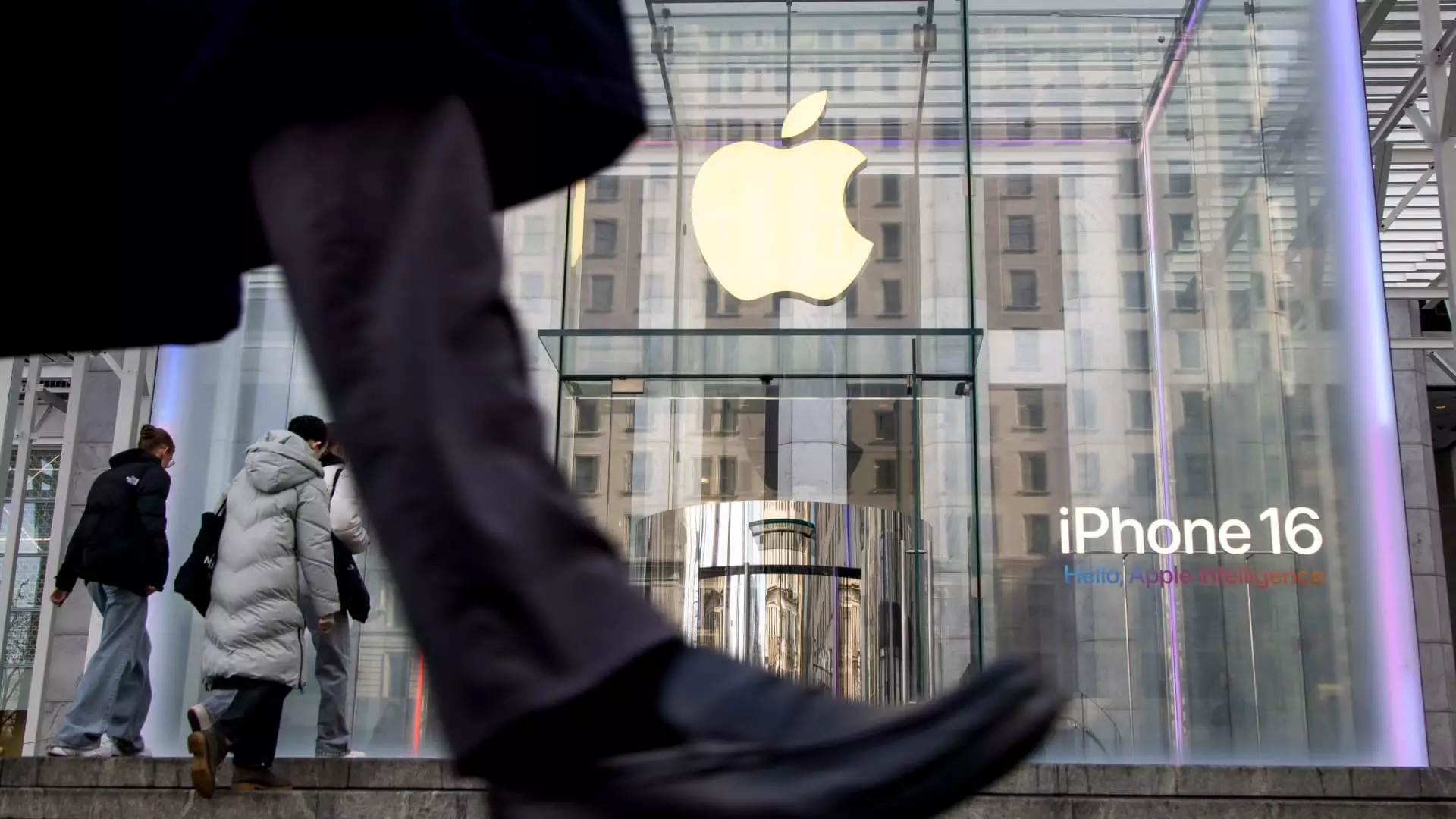The ramifications of implementing tariffs have ignited a wave of anxiety among American consumers, with a striking 85% expressing concerns over impending financial pressures. This startling statistic from a recent NerdWallet survey of over 2,000 respondents underscores the precarious economic environment as consumers grapple with fears of inflation and recession. It’s a sentiment echoed by many; living in a complex economy rife with instability has rendered American households increasingly cautious about their spending habits. In a nation already burdened by rising costs, these tariffs only exacerbate the pressure to balance budgets and prioritize essential purchases.
Bottom Line: A $3,800 Toll on Households
The looming reality is grim: according to the Budget Lab at Yale University, tariffs could potentially cost the average American household an additional $3,800 per annum. This exorbitant figure serves as both a stark reminder and a call to recalibrate financial strategies. At a time when many families are already struggling to make ends meet, this added financial strain isn’t merely a statistic; it directly impacts living standards and drives home the urgency for a reevaluation of financial priorities. The implications of such an economic toll are profound, compelling families to make tougher choices as they navigate their already precarious financial landscapes.
Shifting Spending Habits: A Defensive Strategy
Amid this fear of financial jeopardy, consumers are devising defensive strategies. The NerdWallet survey indicates a substantial shift in spending habits over the next year. With nearly half of respondents planning to reduce their expenditure on non-essentials, and over a third intending to cut back on necessities, the trend signifies an intentional move toward more robust savings. Only a fraction, a mere 14%, believe they can pay down existing debts, revealing a stark reality: financial distress may impede even the most proactive individuals from maintaining fiscal health. Kimberly Palmer, a personal finance expert, aptly conveys the shifting mindset; consumers are being forced to devise more stringent plans to safeguard their financial futures.
The Unintended Consequences of Economic Policies
Economic pressures caused by tariffs aren’t just numbing consumers; they trigger a fundamental shift in how households allocate their resources. Personal finance experts, including Stephen Kates, warn about the possible descent into stagflation, where sluggish economic growth accompanies rising prices, creating a perfect storm for financial strain. Faced with painfully high grocery bills and escalating costs for everyday necessities, consumers must grapple with heart-wrenching dilemmas: Do they dip into savings, postpone big-ticket items, or restructure their debt management approaches? This broader picture highlights how trade war repercussions extend far beyond geopolitical conflicts, seeping into the very fabric of American life.
Emergency Funds: The Foundation of Financial Security
In times of economic uncertainty, one fundamental principle emerges: the importance of building an emergency fund. Kates emphasizes the necessity of setting aside at least one month’s worth of expenses, ideally extending to three to six months. With many households facing potential income losses, having a financial cushion can mean the difference between falling into the debt cycle or weathering an economic storm. This is no longer just financial advice; it’s a survival strategy, forcing individuals to reevaluate what constitutes essential versus non-essential spending.
The Carefully Devised Debt Management Plan
With the specter of tariffs looming, even consumers who have amassed debts must prioritize their financial moves carefully. “Debt avalanche” strategies can be a beacon of hope, allowing individuals to channel their focus toward eradicating high-interest debts first, while juggling minimum payments on others. In an environment where every dollar counts, making strategic moves can lead to more immediate financial relief, allowing families to stabilize their situations as they map out a path to long-term fiscal health.
In sum, as pressures mount from every direction, American consumers find themselves at a crossroads, forced to confront not only the immediate implications of tariffs but also the larger, lurking specters of economic instability that could redefine their financial futures. The stakes have never been higher, making a strong financial strategy not just advisable, but essential for survival in today’s challenging landscape.

